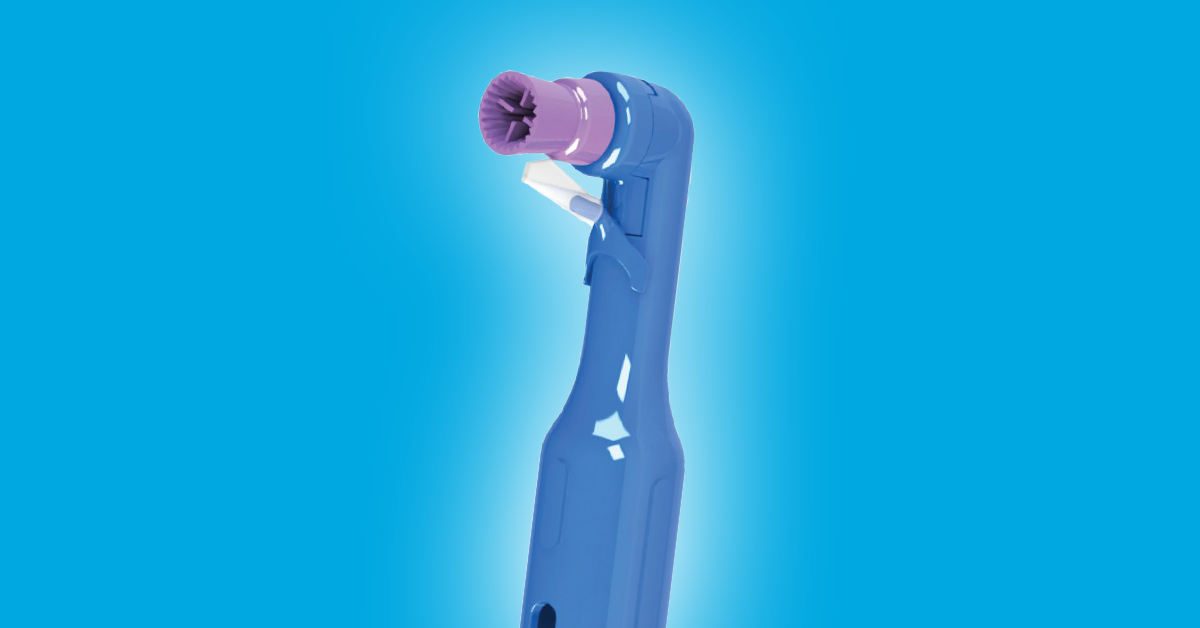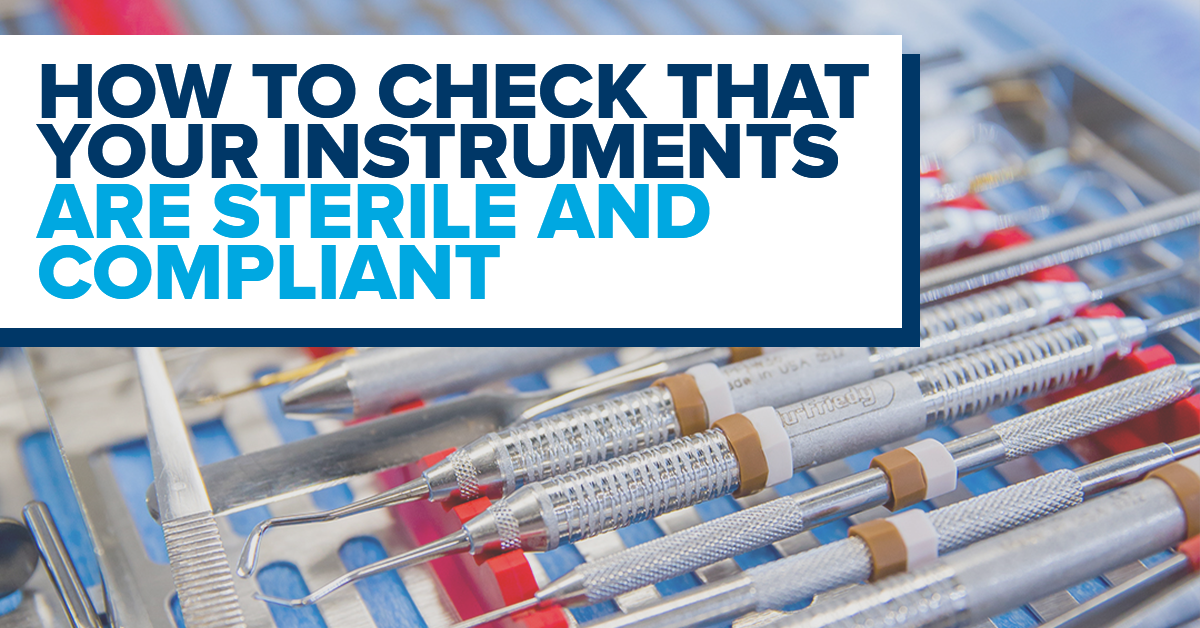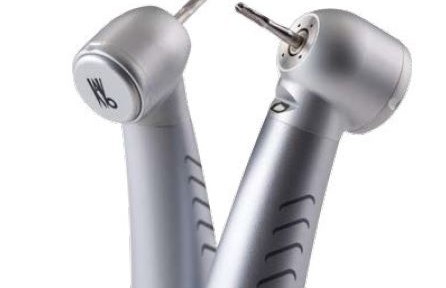Successful hygiene handpiece maintenance requires adhering to a strict regimen of cleaning and lubrication, which sometimes can be challenging in a busy dental practice. Fortunately, you can streamline the process to make it more efficient.
Do you know the different types of dental handpieces?
Learn about some of the most common types of dental handpieces and how they’re being used today.
Extending the life of a dental handpiece: Maintenance tips and more
Ensuring proper dental handpiece maintenance is important for maximizing performance and in extending the life of these important tools. Here are some tips and best practices to extend the life of dental handpieces.
7 Tips for Better Dental Handpiece Maintenance
Dental handpieces are hard-working tools with very delicate internal parts, which is why proper ongoing maintenance can make for the best possible performance and longevity. Here are a few ways to keep your handpieces in tip-top shape.
A Quality Assurance Approach of Infection Prevention from OSAP [Part 2]
In part two of its series “Implementing Routine Quality Assurance of Infection Prevention Policies and Procedures,” OSAP continues its close look at instrument reprocessing. Specifically, part two in this series outlines one approach to performing routine quality assurance related to packaging instruments during reprocessing.
A Safer Way to Polish: Splatter Guard Prophy Angles from Young Innovations
As dentists and hygienists question the use of ultrasonic instruments during the COVID-19 pandemic, they may also be looking for ways to eliminate or at least control aerosols and splatter. Young Innovations recently introduced the Splatter Guard® prophy angle, which nearly eliminates airborne particles during prophylaxis polishing. Whitney Howerton, MDH, RDH, gives Splatter Guard a test run.
How to Know Your Instruments Are Sterile and Compliant
Cleaning and sterilizing dental instruments for re-use can be tedious and dull, but the task is a crucial component to ensuring the safety of staff and patients. Further, ensuring that instruments are free of potentially infectious material and debris is critical to the quality care that dental health professionals pledge to provide. Gain a better understanding of this importance and see how to set up an easy-to-maintain compliance program in this guest post from Hu-Friedy.

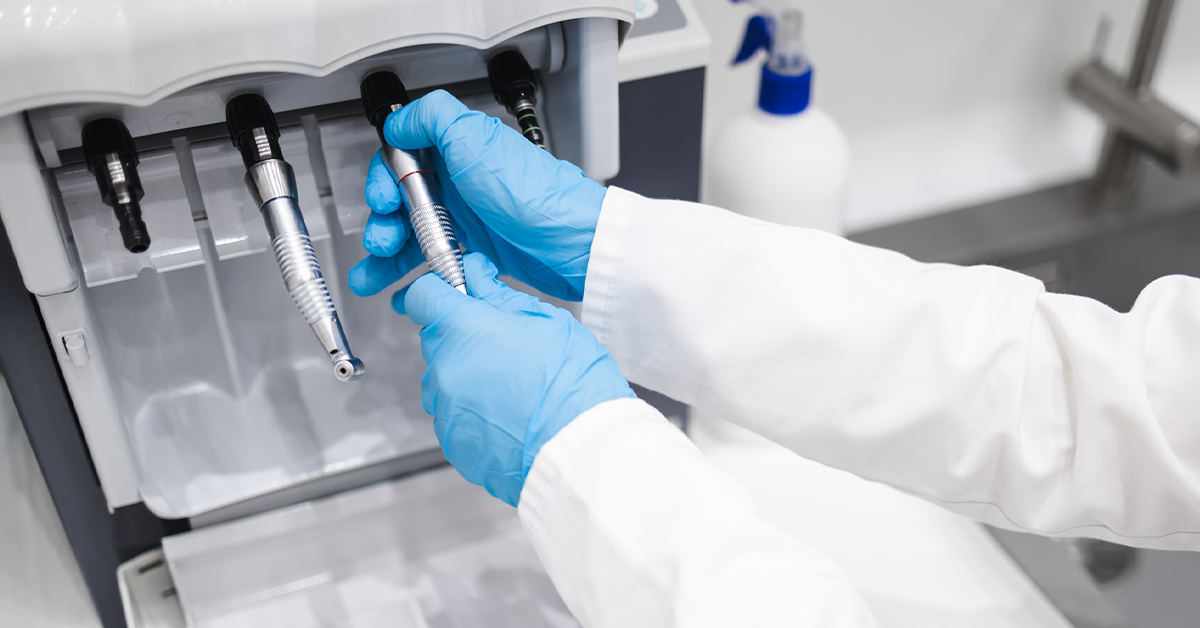

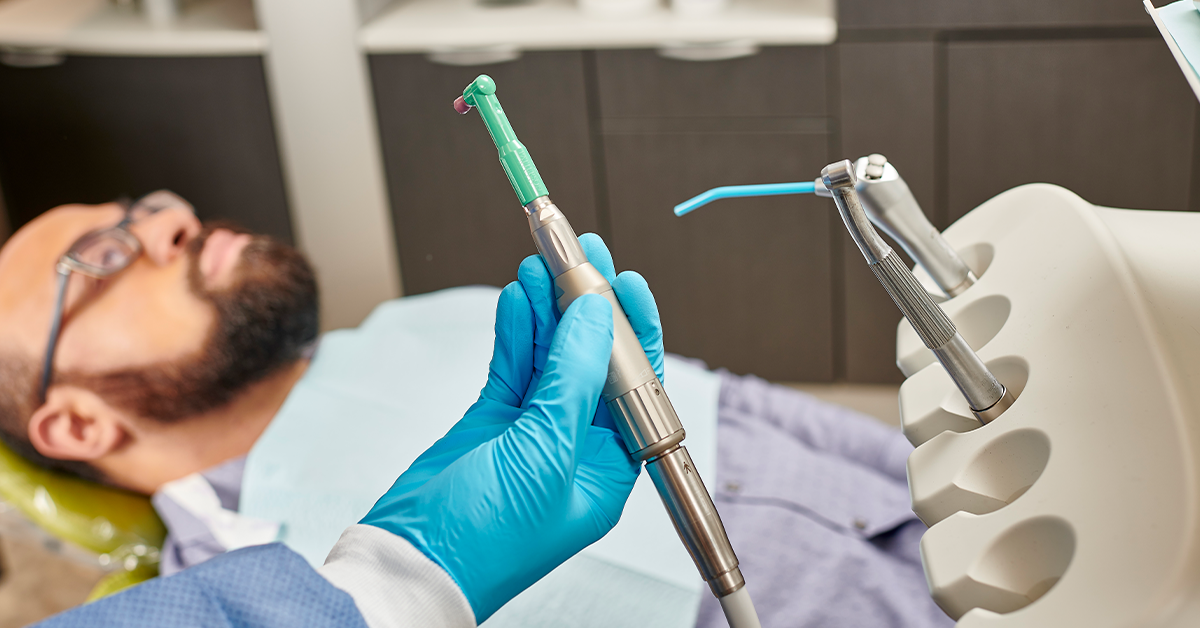
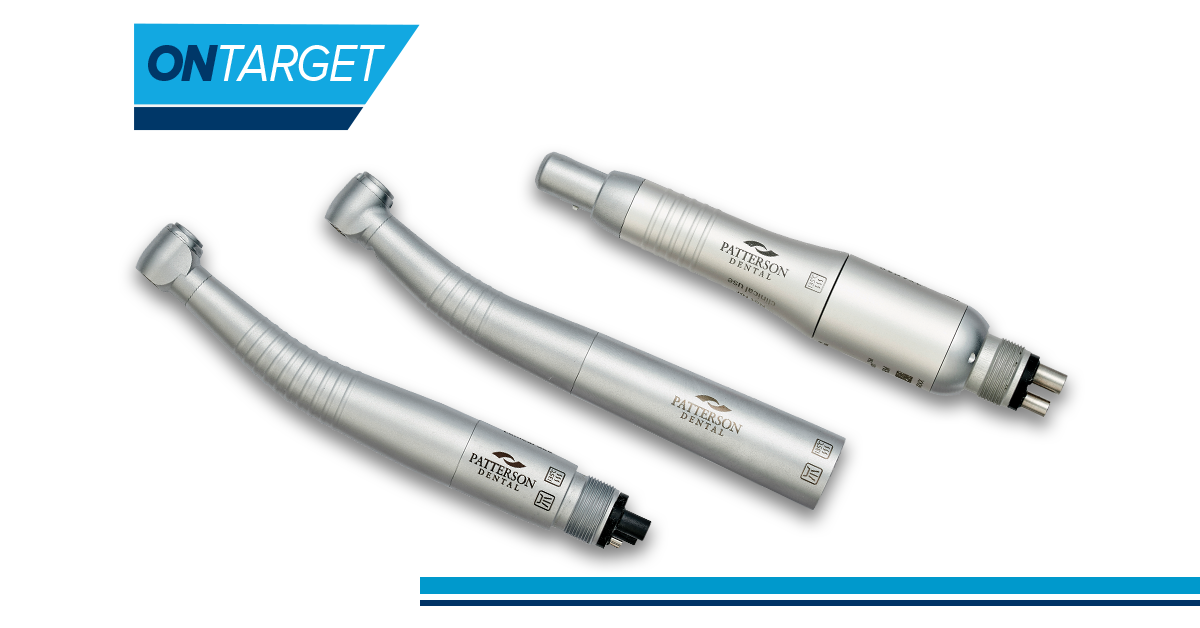

![A Quality Assurance Approach of Infection Prevention from OSAP [Part 2]](https://www.offthecusp.com/wp-content/uploads/2020/08/osap-infection-control-autoclave-dental-sterilization-1200x628-iStock-1025299028.jpg)
